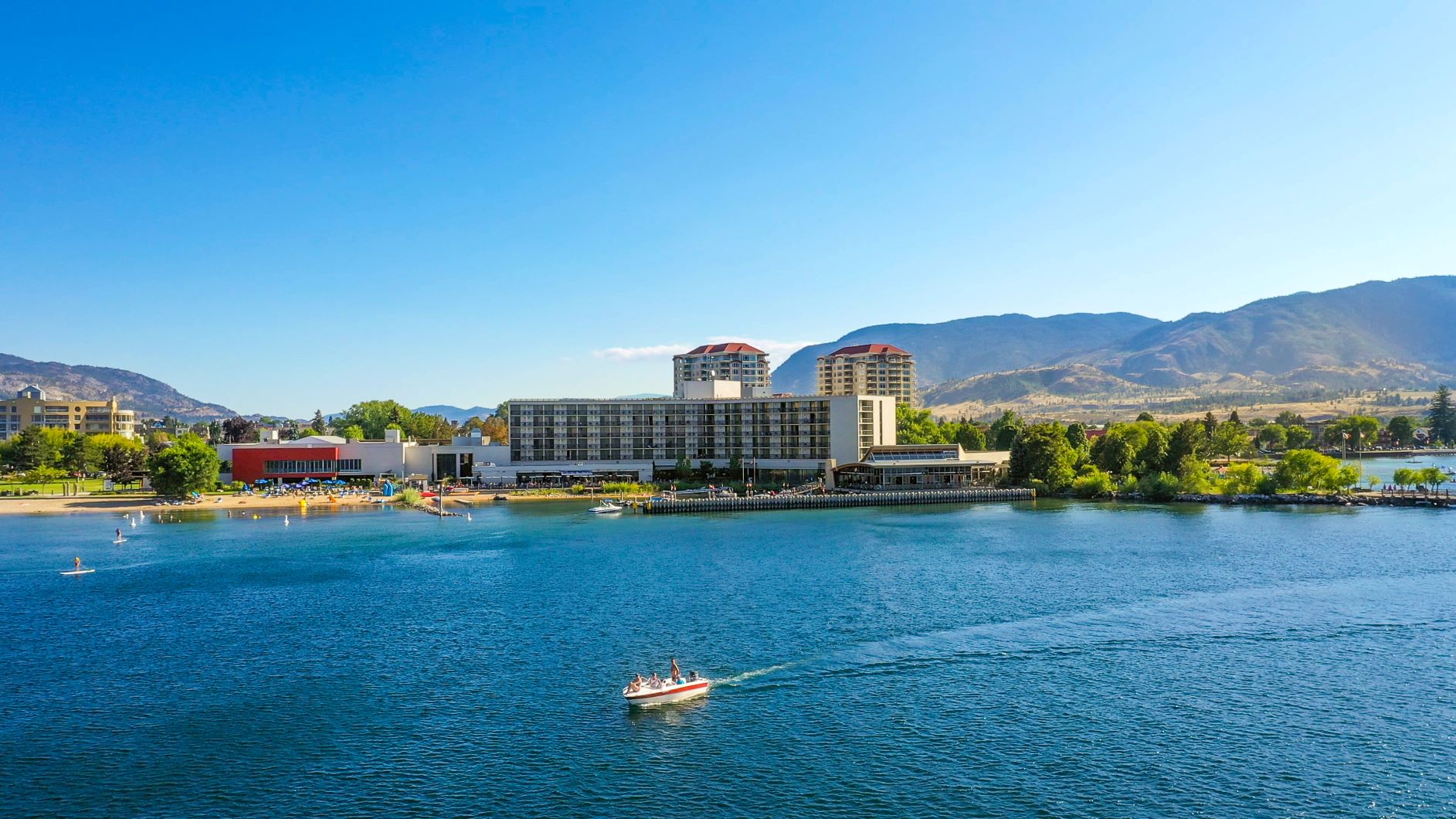Remembrance Day is about remembrance. But what exactly are we remembering? Officially, November 11th is a Canadian public holiday, commemorated by the Commonwealth countries in remembrance of all those who have lost their lives in the line of duty since the Great War. World War II, Korea, Vietnam, The Gulf War, Yugoslavia, Kosovo, Afghanistan, the Invasion of Iraq in 2003 and most recently, the Libyan Uprising, are all included in a collective acknowledgement. War is a central theme to the institution of Remembrance Day, but Remembrance Day is not just about remembering a timeline of war, nor its distinctions and details. It also reminds us of the seed of war, surging in the hot and dense state of our early universe, before it spontaneously burst across the heavens in a thunderous rage of fury and might – creating, destroying, building and beating. It reminds us of our own peaceful and war-ravaged creation and the very germ from which we sprung.
Remembrance Day is a motion that emphasizes the human in humanity. An unyielding reminder of mankind’s universality, Remembrance Day creates history just as much as it pulls the rug out from under it. It stands as an annual indication of our pressing mortality, slinking sneakily in the shadows of Man’s epic struggle and loneliness. Like leaves which fall to the ground with the changing of seasons to cover the earth with a blanket of decay, the years of mankind’s collective history is the mulch of our future. Remembrance Day, is simply a walk through the leaves; history is its compost. And so we remember…
Independent of epoch or culture, we remember the human condition – constant, universal, innate – it subjugates any linear timeline of sociocultural evolution, bringing into question the relevance of history among the backdrop of Flanders Fields. Emblems of the common humanity, poppies symbolize the dreams of our unconscious by their opiate properties, and our life, death and resurrection by their blood-red colour. White poppies, born in peaceful protest by the pacifist hand of the hopeless romantic, in dissent and denial, they undermine the human condition by disassociating themselves from the militaristic aspects of Remembrance Day with the meaning of a hope to end all wars. This dichotomy of red and white tears at the very heart of our civilization, as humankind remains both full of the red fire that creates and destroys, and the white wash of peace that wants for nothing.
And so, Remembrance Day is more than, O Valiant Hearts, the sounding of The Rouse and the wearing of red and white poppies. It is a beacon within the dark abyss of human evolution, a marker in no man’s land, speaking of an experience within which we can dream, fail, and continue to survive. And when we stand in salute for the Royal Anthem of Canada, we sing, “God Save Mankind from Man” while the Queen disappears into history before the veterans march past. Like the Tomb of the Unknown Soldier, we are nameless, faceless, everyone and everything, echoing its inscription within the context of our own convictions, “The Lord Knoweth them that are his, Unknown and yet well known, dying and behold we live.” Yes. We remember.
-Elizabeth Cucnik
There is nothing more dramatically beautiful then the raw vision of nature working within the parameters of its own perfection. What better way ...
The South Okanagan is a true summer sanctuary, world renowned and matchless in its unfeigned diversities, its expanding panorama, natural resources and organic ...
What does summer mean in a society full of deadlines, due dates, timelines and schedules? In all our angst, have we forgotten the ...
As with many things in the world, the greatest treasures are often those found off the beaten path - paragons in the white ...
